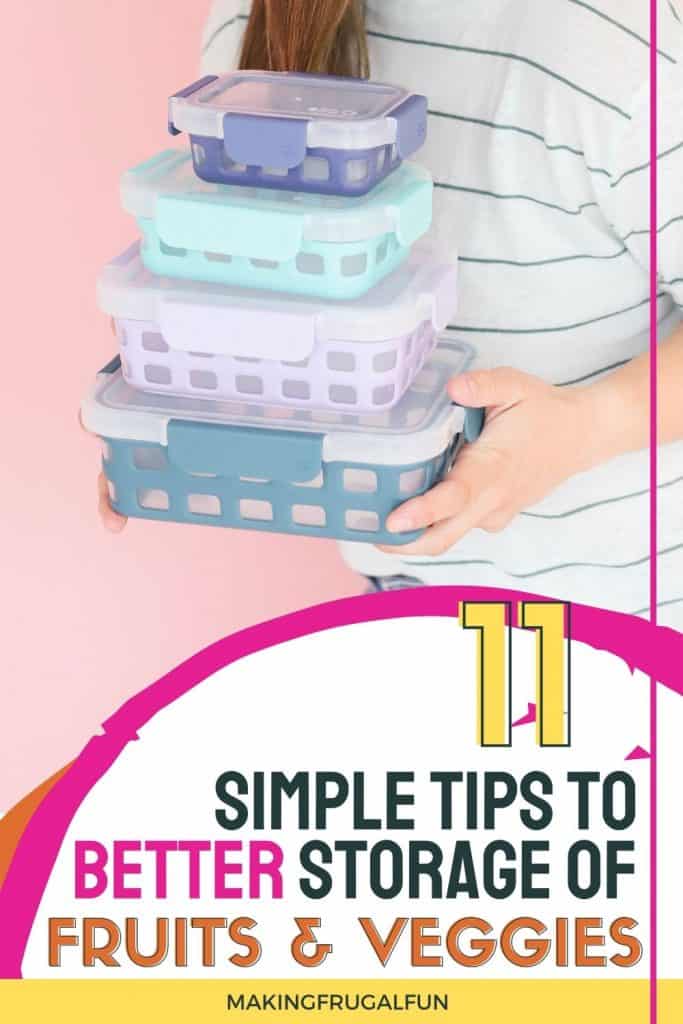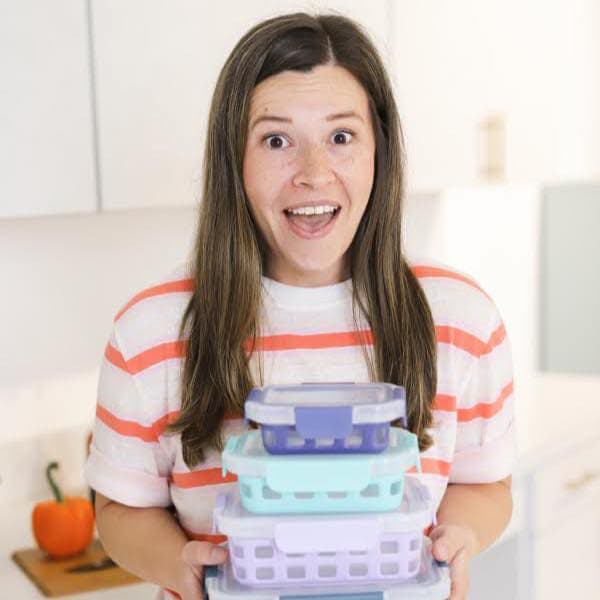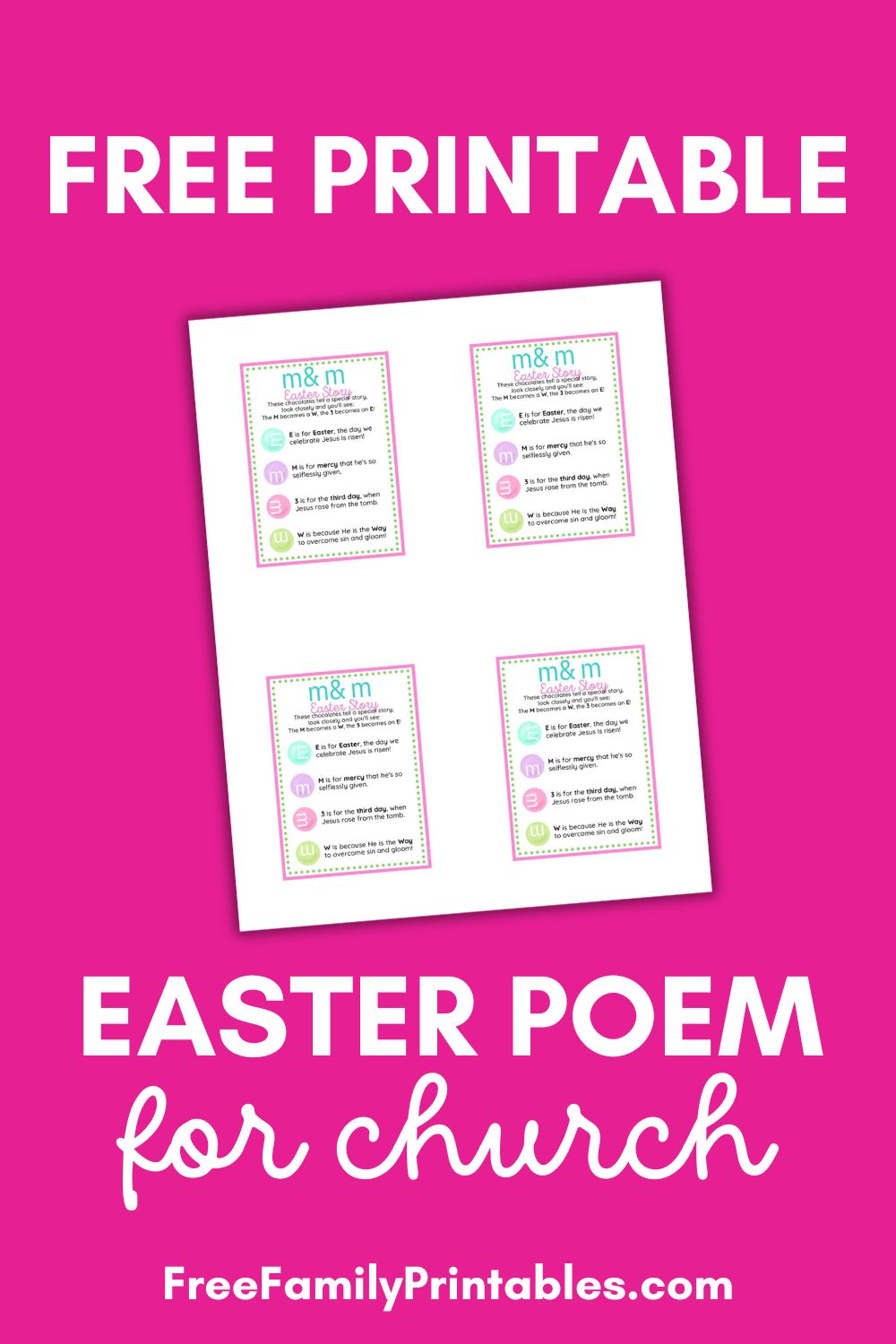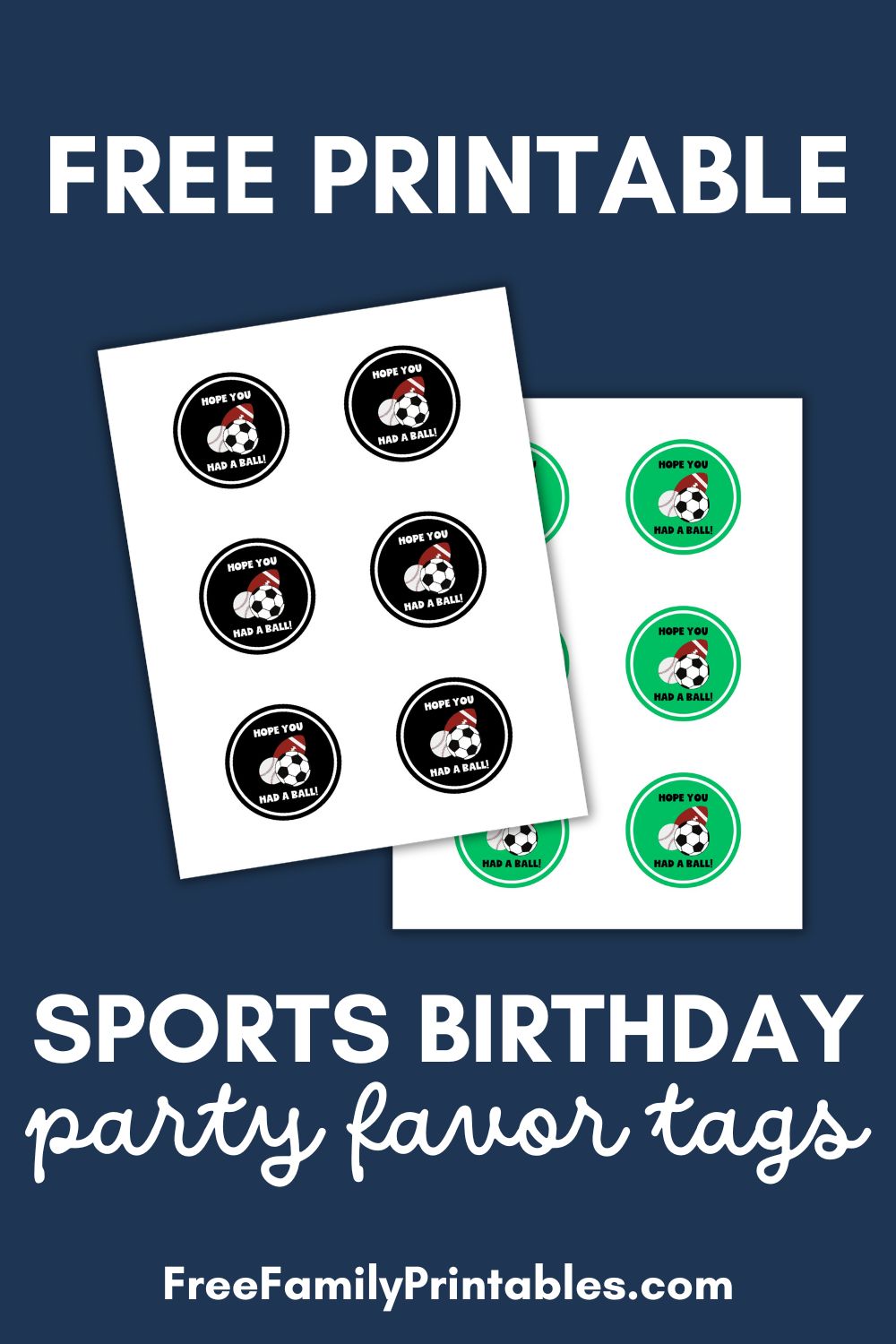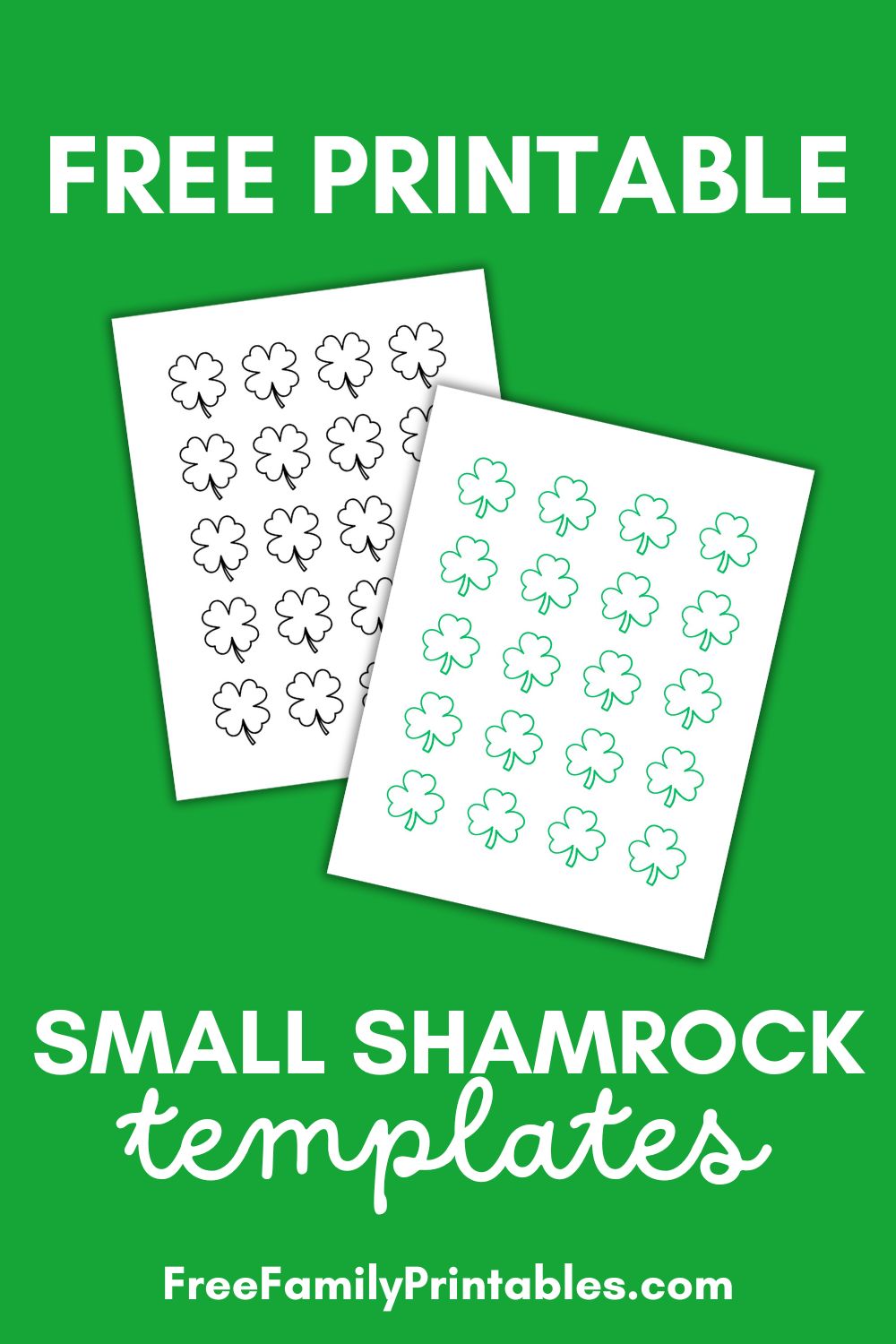When it comes to keeping fresh food in the house, produce is vital to a healthy diet.
Many people assume that you can’t eat healthy fruits and vegetables when you’re on a budget, but it just takes a little extra planning…and also some help making your produce last longer!
If you’re like me, you’ve been there before…buying all the healthy salad items ready for a great week, and then somehow all that beautiful produce tends to find its way into a random crisper drawer where it is forgotten and left to rot a few days later.
Here are some of my best tips to make the most of your produce. Follow these ideas for storing fresh produce to make it last longer, and get the biggest bang for your grocery bucks!
See also: 14 Ways to Save Money on Groceries
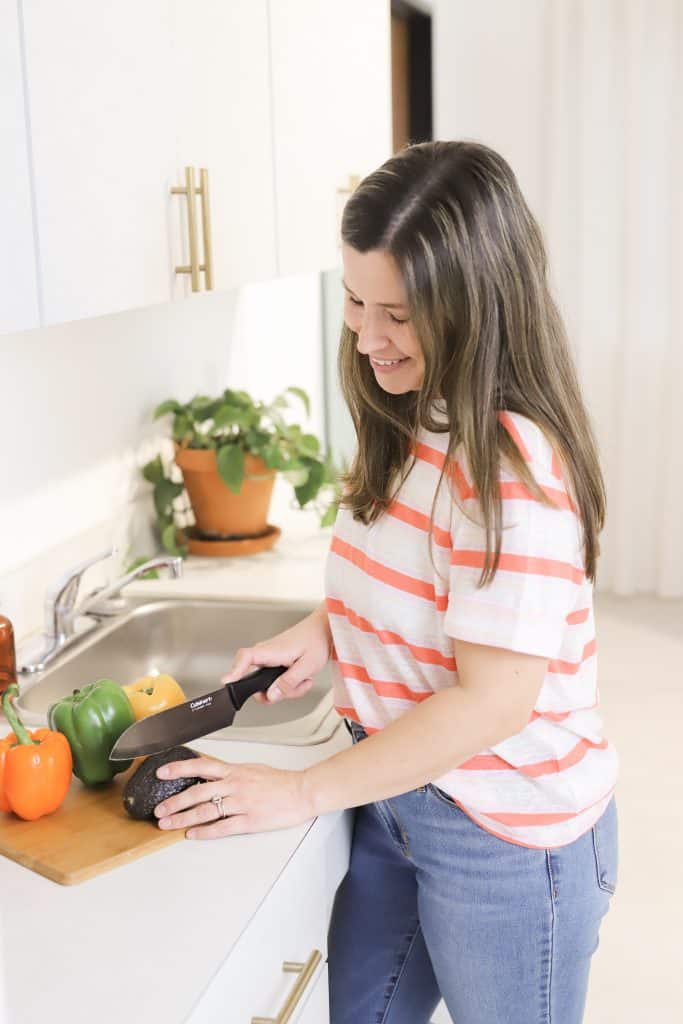
How to Store Fresh Fruits and Vegetables (Favorite Storage Products)
You don’t need anything fancy to implement proper produce storage methods, however having a clean and organized fridge, pantry, and kitchen can help you meal plan better, and prevent food waste since you’ll always know what you have on hand.
Here are a few of my favorite fridge and pantry organization products for fresh fruits and vegetables storage.
- Fruit and Vegetable Storage Containers
- Fridge Organizers
- Fruit Basket
- Potato Storage
- Reusable storage bags
- Food Storage Containers
Of course, the absolute best way to keep fresh fruits and vegetables from rotting before you can use them is to meal plan appropriately.
This can mean planning every meal out ahead of time, and shopping according to the list, or making sure you are using fresh berries at the beginning of the week, and saving long lasting fruits and veggies like apples, oranges, and potatoes for the end of the week.
See also: Meal Planning Ideas on a Budget
Need extra help with meal planning? Grab this month of frugal meals and recipes for free by filling out the form below:
Buy fresh produce
When you want to preserve your produce for use later or just make it last longer until you use it, you need to make sure you have the freshest produce possible. This can be fresh from your garden, the local farmers’ market, or simply choosing the best picks at your local grocery store.
Some food preservation methods do allow you to take advantage of the less than perfect clearance produce deals you find, making them a great option for those that are looking to save money by preserving produce.
Read: How to Start a Vegetable Garden
How to store berries
Berries, unlike many other types of produce, do not benefit from being harvested before they are ripe and will not ripen over time after harvest.
This means you need to buy your berries fresh and as ripe as possible.
Some berries, such as blueberries tend to last longer without any issues, while others like raspberries will start to rot and break down from the moment they have ripened, lasting a few short days.
Berries last from 3 to 7 days, giving them a relatively short lifespan. There are a few things you can do to ensure each berry lasts to a longer range of its shelf life.
How to Wash Berries for Longer Shelf Life
When you get your fresh berries home, you should clean them and soak them in a solution of vinegar 1/2 cup vinegar to 1/2 gallon water.
This solution will soak an entire week’s worth of berries, apples, and other produce you wish to wash.
This trick helps to kill any mold spores and bacteria on your berries that leads to faster rotting. At the same time, doing this, pull out any berries that already show signs of rotting from the batch.
You can use the container your berries came in to store them after washing. Remove any moisture pads at the bottom and layer a freshly folded paper towel at the bottom of the container. This will absorb moisture helping to keep your berries dry and slow the rotting process.
You can also transfer your berries into these beautiful clear containers, which are nice for keeping the fridge organized and always knowing what you have.

Store your berries on the shelf where they are visible so your family can see them, and use them before they go bad. Placing your berries in the produce drawer is the fastest way to forget you have them and allow them to spoil before you can use them up.
I love to keep our prepared berries on a lower shelf so my older kids can grab them for a snack, and are much more likely to choose healthy snack time options this way!
How to Store Stone Fruits
Stone fruits should be ripened before you put them in the refrigerator. Ripe stone fruit will be soft and easily imprinted when you push your finger down near the stem.
The cold of the refrigerator will end the ripening process and leave your fruit hard and less sweet.
Allow your stone fruits like fresh peaches to ripen on the counter until soft before placing them in the crisper drawer. Be sure not to wash your stone fruits until you are ready to use them.
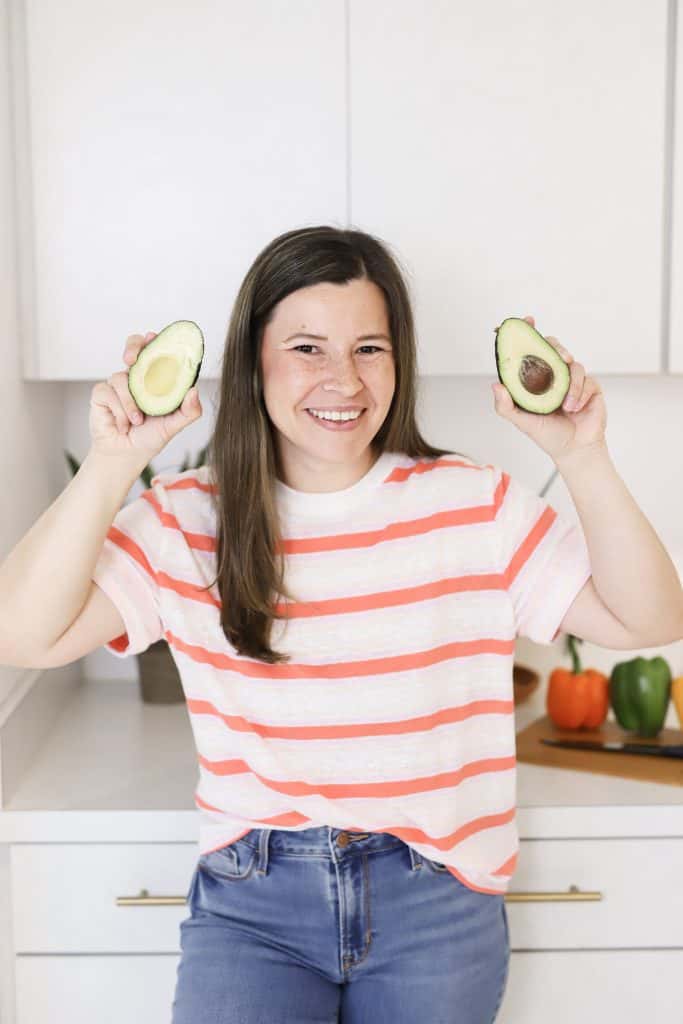
How to Store root vegetables
Root vegetables like potatoes, onions, and garlic are all great sources of nutrition and store very well for the long term with little effort from you.
Keep these vegetables in a cool dark place in separate containers from each other. Do not place potatoes and onions in the same container as this encourages sprouting.
After sprouting occurs, the rotting process begins. Store your root vegetables in mesh bags or baskets that allow for airflow to help allow moisture and gasses to escape to slow down the rotting process.

How to Store Carrots
Fresh carrots and baby carrots make great snacks. These generally can store for a very long time but tend to eventually start to dry out a new wrinkle. To prevent this and keep your snacking carrots fresh, prepare them for snacks, then store them in a large container or jar of fresh water. Change this water out every few days to keep your carrots fresh and crisp for snacking for up to 2 weeks without issues.
How to store salad greens
Salad greens can be a bit picky and will start to rot if you do not take good care of them.
To keep your salad greens fresh longer, you should store them in an airtight container with a soaked paper towel lining the bottom of the container. This helps to keep the air inside the container humid, allowing them to last longer.
If making a mason jar salad for storing, try adding a small bit of water at the bottom to help keep them fresher longer.
How to store tomatoes
Tomatoes can be a bit tricky. Many people put them in the refrigerator, which can lead to an odd unpleasant taste to them.
Uncut tomatoes are best stored on your countertop, where they will last 5 to 7 days without issue. After tomatoes are cut, they should be placed in the refrigerator to prevent bacteria growth.
If your tomatoes are not ripe, you can store them in a warm window to speed up the ripening process allowing you to pick green tomatoes before the first frost even if they have not started to turn ripe yet.
How to store cucumbers
Cucumbers will last 5 to 7 days in a crisper drawer with a dehumidifier added to it. This will keep them cold and keep moisture to a minimum, helping to keep your cucumbers fresh and crisp longer. Lining the bottom of your crisper drawer with a dry kitchen towel or a few paper towels at the bottom of the crisper to help absorb any extra moisture.
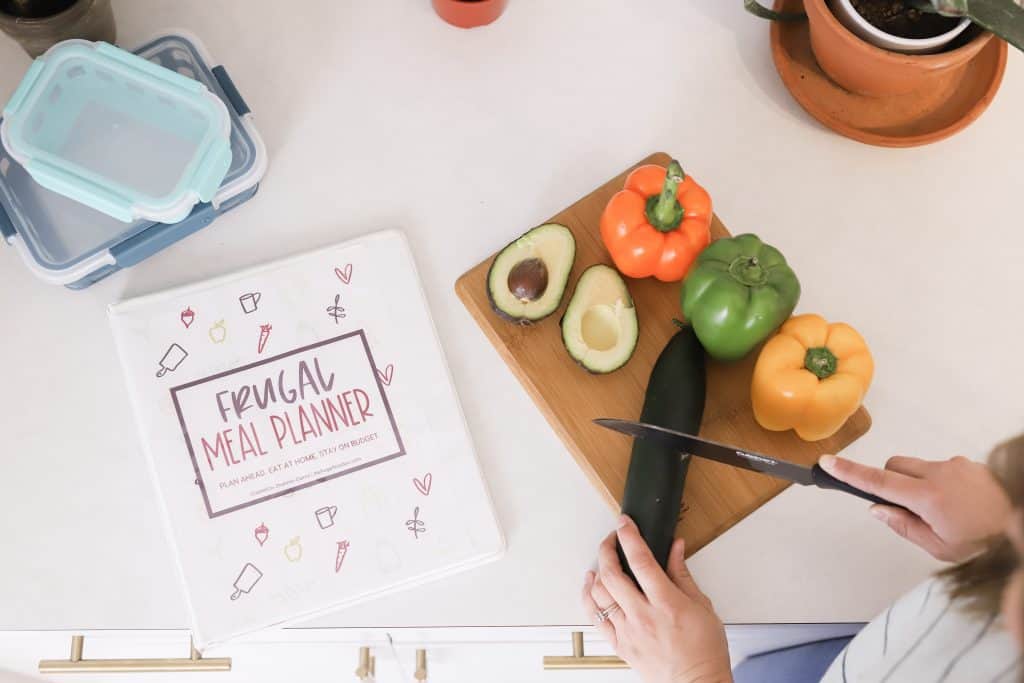
How to store peppers
Peppers can last up to two weeks if kept cool and dry. Make sure your peppers are fully dried, and place them in a crisper drawer with a dehumidifier to help keep them fresh. These can be stored in the same drawer as your cucumbers that also prefer dry conditions.
Knowing how to prep and store fresh fruits and vegetables is an important skill. If you take care to properly store your produce it will save you money, help your family eat healthier, and prevent food waste.
Meal planning is another way that you can prevent food waste and save money. Make sure you grab my free month of frugal meals by filling out the form below:
